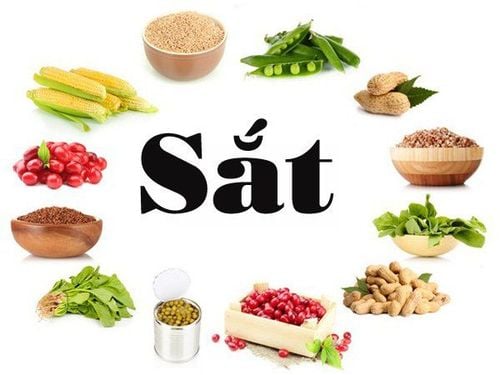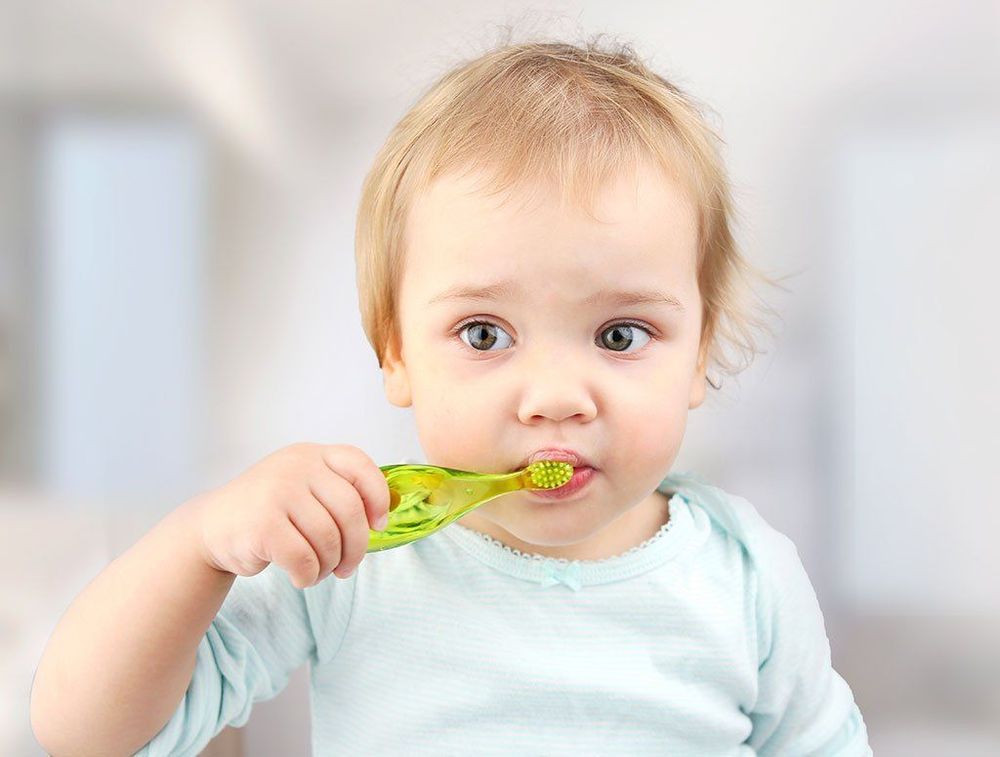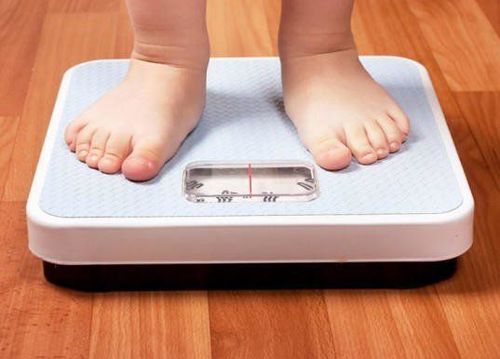This is an automatically translated article.
The article was professionally consulted by Doctor of Pediatrics - Neonatology - Vinmec Nha Trang International General Hospital.16-month-old babies are adorable little angels. Babies at this age gradually babble and dance to the music, interested in colors. Oral health is closely related to general health. These two issues should not be separated.
1. What can a 16-month-old child do?
By 16 months, your baby will love to hear you sing nursery rhymes and songs or try to sing along to your parents with their limited vocabulary. A 16-month-old baby will say about 3 words, many babies even say 15-20 words.It is easy to guess your baby's preferences because young children tend to like repeating certain actions.
While parents may be surprised at what a 16-month-old can do during this time, babies won't be very patient. Sometimes, little angels easily cry if they are not happy about something.
2. Milestones for a 16-month-old baby

16 tháng tuổi trẻ bắt đầu mọc răng nanh
3. Nutrition of 16-month-old children
16-year-old children can be taught by their parents to eat many different foods, as much as 16-month-old children eat is enough. Here are some foods for babies such as:Can a 16-month-old baby eat rice? At 16 months old, babies can eat a lot of things, but mothers should not give them rice all the time.
Fruit : Fruit not only helps provide fiber but also provides essential vitamins that the baby's body needs. Let your 16-month-old baby try sipping a small portion of fruits such as bananas, kiwis, mangoes, watermelons... every day to build the child's habit of eating fruit from an early age. Whole grains: Whole grains are still an essential ingredient in building a healthy diet for kids. You can prepare delicious dishes such as porridge, crushed rice, bread, soup from oats, rice, rye... and let your children enjoy every day.

Sắt hỗ trợ tạo máu cho cơ thể của trẻ
4. Oral care in 16-month-old children

Vệ sinh hàng ngày cho trẻ bằng bàn chải trẻ em mềm, ướt
Here are three important ways to protect your toddler's smile: reduce the number of snacks your child eats during the day; avoid giving your child carbonated drinks, sweets and starchy foods such as chips or sticky cookies; Avoid constant snacking. Every time a child eats sweets or starchy foods, acid attacks their teeth. The more acid attacks, the more cavities appear. If you decide to give your child candy or starchy foods, offer them at mealtimes; Reduce the number of light meals to 2-3 times a day. Brush your teeth at least twice a day.
Brush your child's teeth after breakfast and before going to bed. Use a soft, child-friendly toothbrush to clean your child's teeth and gums. If your child is already able to spit after brushing, brush them with a pea-sized amount of natural children's toothpaste. Children can begin to practice brushing their own teeth, but you will have to supervise and help them. Most children can brush their teeth well by the time they are 6 years old or older.
When children have health problems, parents can take them to Vinmec Health system for timely examination and treatment.
In addition, parents should also apply some methods to change habits and improve nutrition to support the child's teeth to develop better.
Besides, parents also need to supplement their children with essential micro-minerals such as zinc, lysine, chromium, selenium, vitamin B1, ... to fully meet the nutritional needs of children. The addition of these essential vitamins also supports digestion, enhances nutrient absorption, improves anorexia, and helps children eat well. Parents can simultaneously apply dietary supplements and functional foods derived from nature for easy absorption. The most important thing is that improving your baby's symptoms often takes a long time. The combination of many types of functional foods at the same time or continuously changing many types in a short time can cause the baby's digestive system not to adapt and completely not good. Therefore, parents must be really patient with their children and regularly visit the website vimec.com to update useful baby care information.













